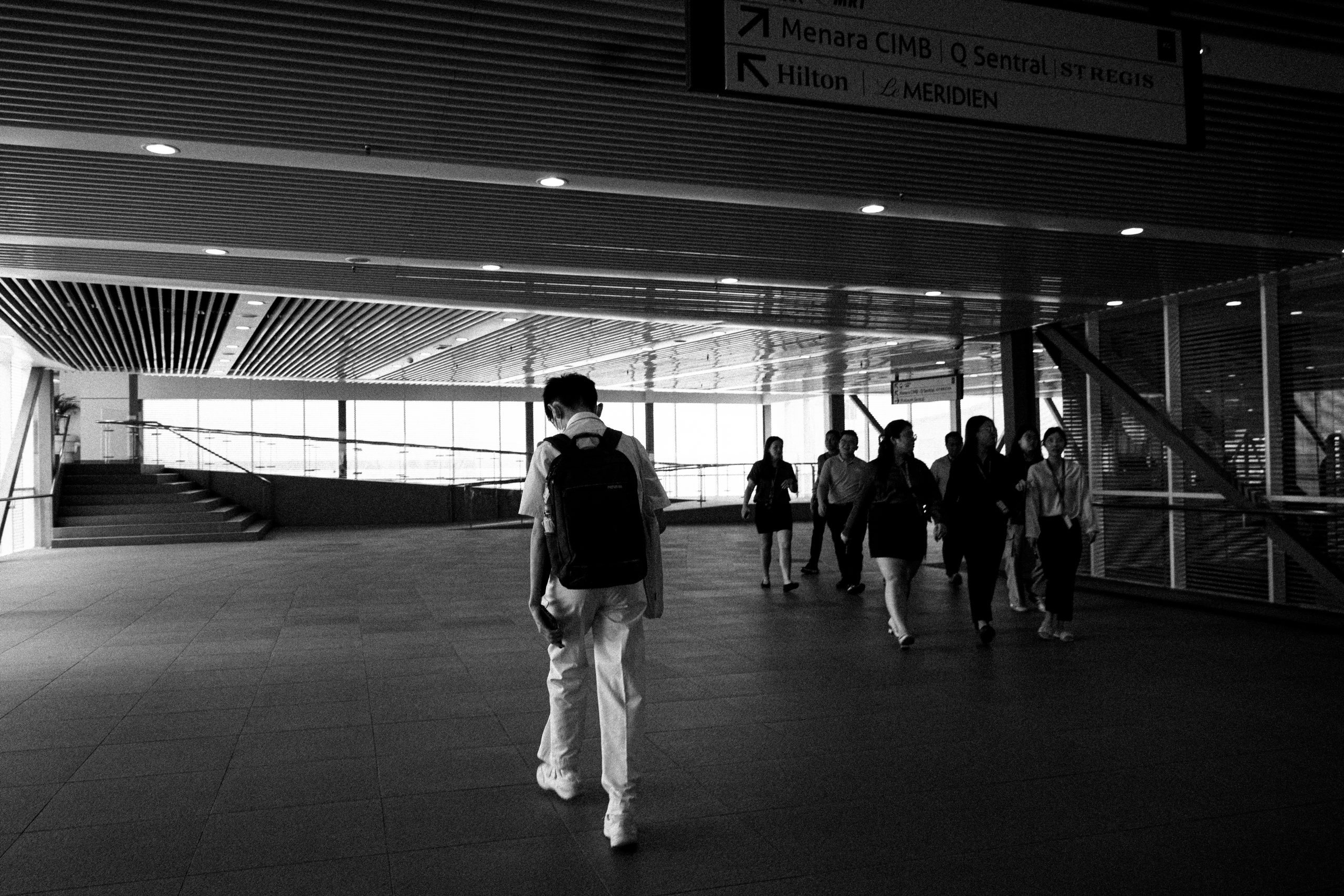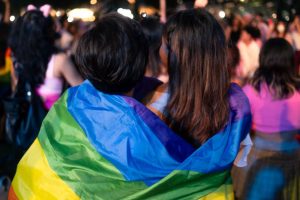Top image: Marc Clarence Beraquit / RICE File Photo
Back in school, I often heard classmates saying, “Wah, she’s such a crybaby.” It wasn’t exactly a compliment—it came with many assumptions. I’d assume her to be highly sensitive; someone you can’t raise your voice to without expecting tears to follow.
But shouldn’t we be over that idea by now? Society keeps pushing the notion that crying equates to weakness or immaturity. From young, most of us are told that we need to keep our emotions firmly in check.
ADVERTISEMENT
But at what cost?
To understand more, we speak to people who were called crybabies back in their schooling days to find out how they’re doing as adults in 2024.
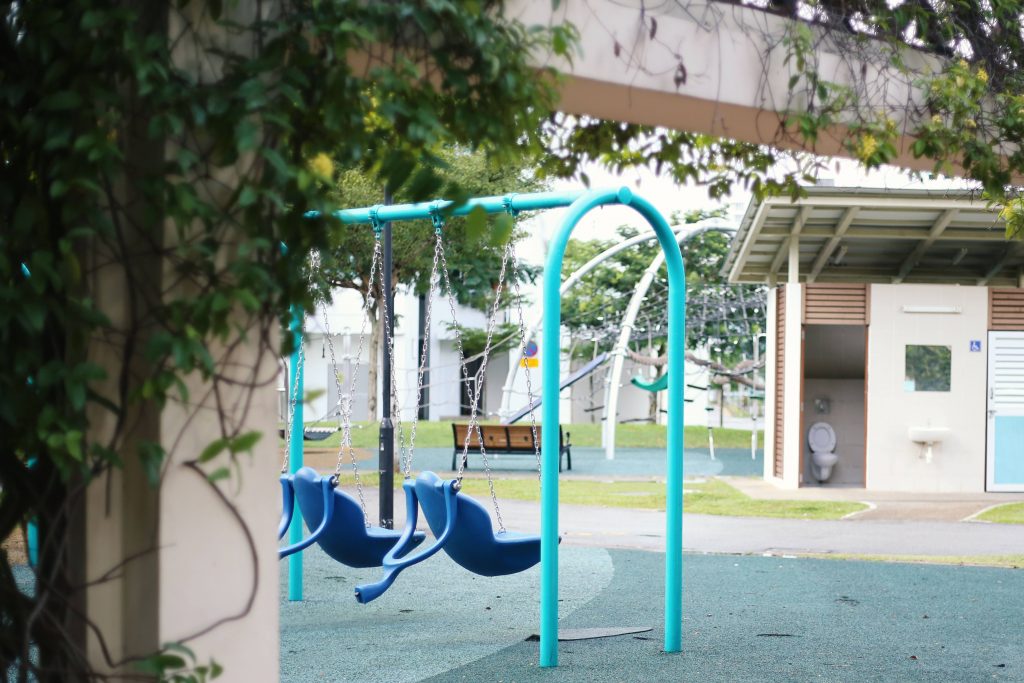
“I was bullied pretty badly in primary school. I reckon it had to do with how I looked. I have big ears as it is, and they called me hou zi [monkey in Mandarin] behind my back. Not to mention getting labelled as a ‘crybaby’.
I recall having no control over the situation, so all I could do was cry and cry some more. I weaponised [my tears] so teachers would ask me why I was even crying in the first place. And I also got my classmates in trouble after. No regrets.
It got to a point in when I was much older that I would cry to get my way—to partners especially. But the more I cried a river, the less sincere my tears seemed. I’m still unlearning that in therapy, and I now have a better relationship with crying.”
— Cheyenne, 24
“I feel like I’ve known the term ‘crybaby’ all my life… Maybe since I was in kindergarten? It made me feel ashamed. I hated being called that. But maybe I hated it because I knew it was true. Now it just reminds me of that Melanie Martinez song, and I feel kinda empowered by it.
Being called a crybaby so much in my younger years definitely made me want to break the habit; the sooner, the better. But even though I don’t cry as much anymore, I feel like the name sticks with you for life. Because as we narrate our childhood experiences, it’s one of those things you throw in as part of your origin story: ‘I used to cry a lot when I was younger.’
Looking back, children just want to grow up and be adults as quickly as possible. Adults don’t cry. Therefore, children who cry are not ‘grown up’. Which is kind of absurd to me, but I totally get why children would think that.”
— Eliza, 30
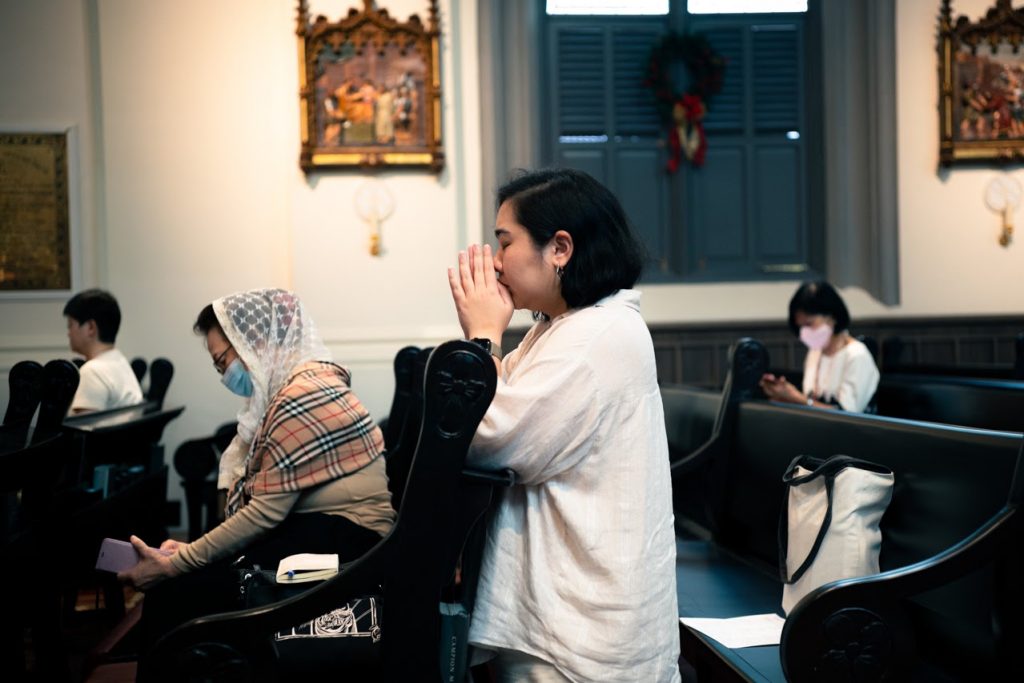
“Even as a fully functional adult with a job and everything, I still feel like a kid most days.
ADVERTISEMENT
In primary school, there was an unofficial ‘class system’. You had the loners, the naughty ones and the crybabies. And I, along with other teary-eyed girls, were reduced to being known as ‘overly sensitive’. But I don’t get the association of crying with sensitivity. To me, that’s separate.
Today, I cry the most at church, actually. Especially when I pray because of tough circumstances. I think of the pain, I cry. I don’t get an instant answer from God, I cry. A friend prays for me and I’m touched by their kindness, I cry. It’s more of a knee-jerk reaction.
I miss those days when wearing masks on public transport was mandatory. It makes me think I can cry with ease behind a mask. Too many Grab uncles have seen me cry and ask me: ‘Girl ah, which boy hurt you?’
Most of my embarrassment and shame come from when people point out I’m crying. I feel like I would be comfortable crying on my own.”
— Nadine, 25
“One time in JC, I started crying while trying to answer a question in class. I kept going with my answer, sobbing and stammering the whole time.
As an adult, I’m still the same. I take antidepressants now for anxiety, which has the side effect of crying less. But I still cry at inopportune moments. I’m a TV writer, so that means constant feedback and critique from bosses, often in large meetings—I’ve absolutely cried in many of those meetings.
At work, I often warn my colleagues in advance that I cry a lot and I’ll be okay afterwards. But it’s still a matter of professionalism, so I had to learn how to strategise, like discreetly escaping to the bathroom. Not so easy on Zoom! Though sometimes I’ll claim my camera glitched out.
The important thing is to make sure the crying doesn’t stop you from moving forward. I think it’s a gift to be able to cry and let your stress and emotions go.”
— Grace, 29
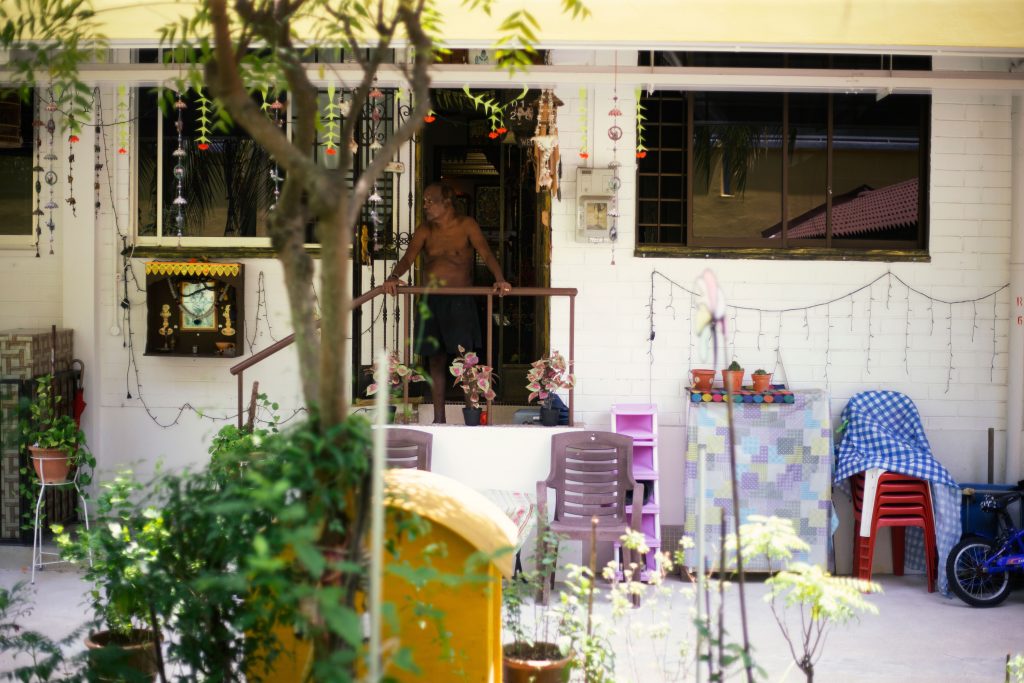
“The first time I remember being called a crybaby was by my domestic helper. I was probably 7 or 8 years old. She also made fun of the way that I cried, saying I sounded like a cow. There wasn’t a gendered aspect to it, but I think the implication was clear: Crying is ‘bad’.
Being a trans man has also affected the way I process emotions because I’ve noticed that since I started taking testosterone, it’s much harder for me to cry. I’m trying to find other ways to process those feelings. I actually have a playlist of sad songs for when I feel like I need to cry.
I believe there’s a vicious cycle where men are pressured to be stoic and less emotional. As a result, men who would otherwise express their emotions feel compelled to suppress them, reinforcing the expectation of emotional restraint.
When I’m alone, I don’t feel any shame [when I cry]. It’s a kind of positive masculinity. I guess it feels revolutionary to be like, ‘Yeah, I’m a man and I cry’. It’s like you’re doing something very conscious. I still don’t like to cry in front of other people. And I haven’t really dug deep into why… But I don’t think it’s a gender thing.”
— Elliot, 22
“I think people would naturally assume I’m a crybaby just by looking at me? I’m scrawny, not as tall as other guys, and quite in touch with my feelings.
I remember crying a lot in my lower primary school years. Not too sure what about, but that’s what my classmates knew me as: ‘Class Crybaby’. I tried to counter the act of crying by pinching my left arm slightly, not in a self-harm way but only to direct the pain somewhere else. Something like a short distraction to stop me from bursting into tears. I think I did feel a lot of embarrassment knowing that I’m a guy and society expects us not to cry.
The pinching then developed into me becoming numb and being unable to cry when I was a teenager. I feel sad, but the tears don’t come out anymore. I think the last time I properly cried was three years ago, and that was because I attended a funeral. If I go through a breakup now, I’m not even sure if I can cry. Hope she doesn’t take that as me not caring.”
— Shawn, 25
“I still tear up when I have to scold or reprimand my daughter for misbehaving. But of course, I don’t cry directly in front of her. But I do think there were some times she casually pointed out that my eyes looked teary.
I brush her off usually, and that comes from the belief that a father should be the head of the household, setting all the good examples for his family to follow.
My daughter is in primary one now, and she has told me that her friends call her crybaby. I want to tell her, ‘You’re just like me’ but I always hold myself back. I don’t want to identify with the term because I feel I’ve outgrown it.”
— Joshua, 57

